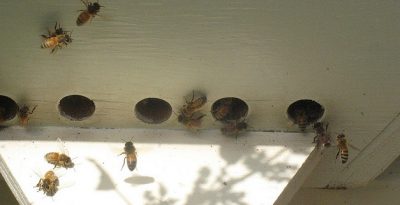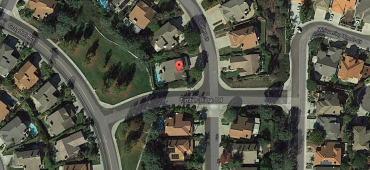On of the most depressing bus rides I have ever taken in Israel was a late-night local from Kfar Saba to Tel Aviv. In addition to its sheer length (an hour and a half ride for a trip that should take 40 minutes), the bus went from suburb to suburb, revealing identical buildings and streetscapes on every stop.
Yet if bland architecture got to me in Israeli suburbs, they have nothing on America. Beyond inventing suburbs, Americans also spent trillions over the years to pave the roads, lay the wires, build the sprawling strip malls and erect the McMansions that have spread over so much of our open land to devour habitats and make us dependent on our cars.
In my first week back in New Jersey from Tel Aviv I have been taking a special glee from listening to James Kunstler’s Kunstlercast, a weekly podcast devoted to “the tragic comedy of suburban sprawl.” Kunstler, the author of “The Geography of Nowhere,” “The Long Emergency,” and other books on the environment and urban planning, believes that suburbs are the worst waste of resources committed in world history, and he eagerly looks forward to their demise when what he calls our “oil fiesta” is over.
In his podcasts, which usually run for 15 to 30 minutes, Kunstler visits suburban shopping malls, where he remarks on the irony of sitting on wooden Adirondak chairs outside an L.L. Bean outdoor goods shop when the only outdoors is the parking lot. He also coins new terms to describe the bleak realities of suburban life, such as “parking lagoons” that sprawl around shops. And he analyzes why America has “a rail system that even Bulgaria would be ashamed of,” and recommends rebuilding it immediately as the first step toward energy independence.
It is easy to hate American suburbs; they are an unusual blend of ugliness and environmental destruction. Moreover, because Israelis are following America’s terrible example, it’s important to understand why the strip malls and shopping centers sprouting faster than a JNF forest may not be the best of news. Yet Kunstler’s biting sarcasm and his knowledgeable comments infuse a new life into the debate, and you may not even notice how much you learn because you will be laughing so hard.
Photo: http://www.freewebs.com/jadeindustrailmaintenance/





It is rough here, though I must say that there are some suburbs in the US that impress me in how much they incorporate forests and green space. My family lives in a very suburban town that borders that great swamp, New Jersey’s largest wildlife refuge, and the town itself is filled with forests, farmland and open space, much of which is slowly being more and more developed. I don’t mean to offer a defense of the suburb, but merely another perspective.
All that said, I’ve driven more in two weeks in New Jersey than I have in 12 months in Israel. It’s a real shame and it is definitely the least sustainable way of life imaginable.
oy, strip malls… i remember the monstrosities from a trip to Illinois a few years back. the only food with any ‘life’ still left in it was the salad bar at ‘subway’. ugh…